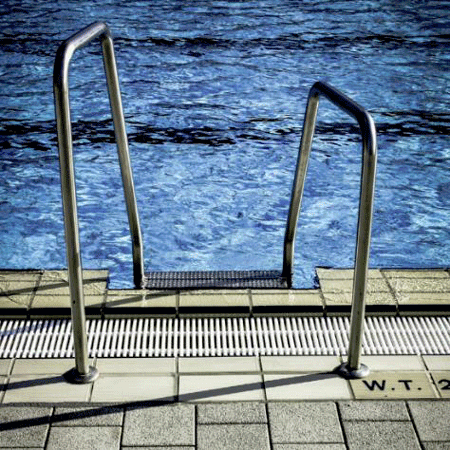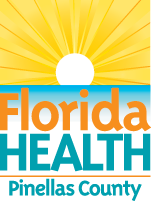It's a New Day in Public Health.
The Florida Department of Health works to protect, promote, and improve the health of all people in Florida through integrated state, county, and community efforts.
DOH-Pinellas Cautions Public on “Crypto”
May 31, 2017

With the temperatures continuing to rise, the Florida Department of Health in Pinellas County (DOH-Pinellas) is asking the public to take precautions in swimming pools and water playgrounds because of the risk of Cryptosporidium (also known as “Crypto”).
Cryptosporidiosis, a parasitic infection linked to swimming pools and water playgrounds, caused twice as many outbreaks in the U.S. in 2016 as in 2014, according to a new report from the Centers for Disease Control and Prevention (CDC). Crypto is often spread when people come in contact with hands, objects, or water contaminated with diarrhea, including chlorinated swimming pools.
Because the parasite is not easily killed by chlorine and can last up to 10 days, Crypto can be spread throughout households, child care facilities, swimming pools, water parks and water playgrounds. Crypto can cause a person to be sick for up to three weeks with watery diarrhea, stomach cramps, nausea, vomiting, a slight fever, and in some cases, dehydration.
In 2014, DOH-Pinellas witnessed more than 200 reported cases of Crypto in Pinellas County. The department continues to work with its community partners to educate the public on the seriousness of Crypto and now that pool season is in full swing, Pinellas residents are reminded to take the proper precautions to help prevent the spread of this disease.
Residents and visitors are advised to practice proper hand hygiene and avoid swimming pools, water playgrounds and water parks if you are ill with diarrhea. Those who are sick with a diarrheal illness should wait at least two weeks after they have recovered before visiting a public area where they will be exposed to water.
Parents and caregivers should also follow these steps to avoid pool contamination:
- Take children on frequent bathroom breaks and check diapers often.
- Change diapers in a bathroom and not at the poolside as germs can spread to surfaces or objects in and around the pool and spread illness.
- Shower before entering the water.
- Wash their hands with soap and water after changing a child’s diaper.
Those concerned about their symptoms should contact their health care provider.
To learn more about Cryptosporidium, go to https://www.cdc.gov/parasites/crypto/
For information about DOH-Pinellas, go to www.PinellasHealth.com or call (727) 824-6900. Follow us on Twitter @HealthyPinellas.
About the Florida Department of Health
The department, nationally accredited by the Public Health Accreditation Board, works to protect, promote and improve the health of all people in Florida through integrated state, county and community efforts.
Follow us on Twitter at @HealthyFla and on Facebook. For more information about the Florida Department of Health please visit www.FloridaHealth.gov.
For Media Inquiries
@HealthyPinellas
@HealthyFla





Connect with DOH